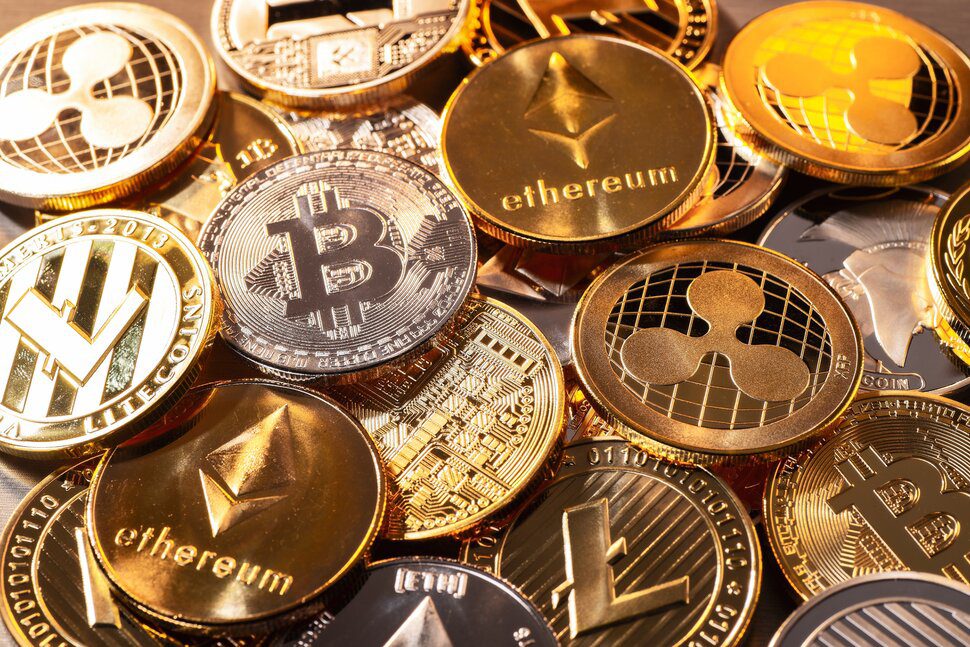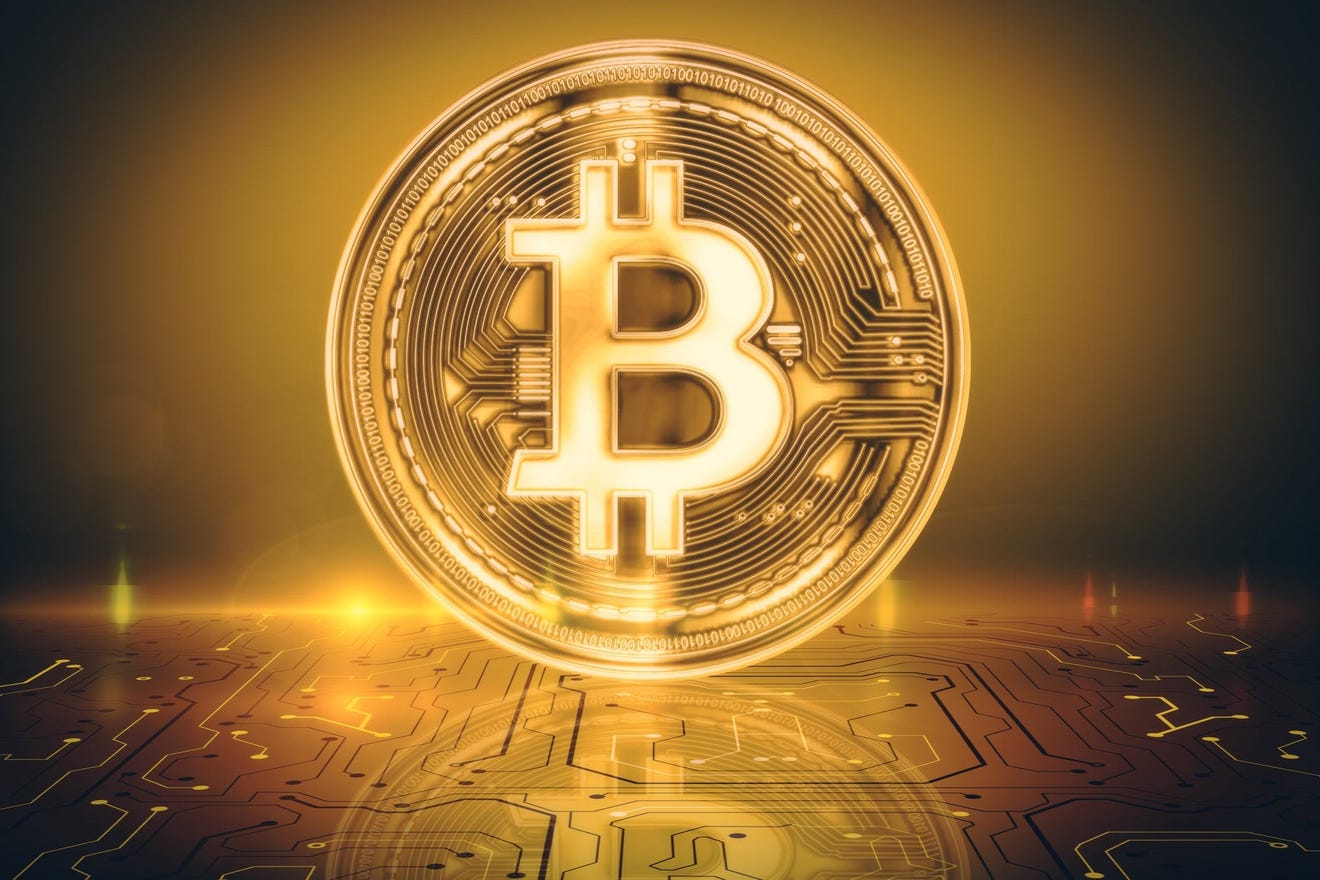Table of Contents
Crypto has broken forth in many countries, and Nigeria is one of them. Even with central banking restrictions in the past, Nigeria is counted as one of the world’s most active cryptocurrency markets. This raises an important question: Why are millions of Nigerians turning to a system that was once banned? The answer is simple: An innovative solution will likely take over when a traditional system fails.
This idea will be expanded in this article; you’ll learn why Nigerians are embracing Bitcoin, stablecoins, and altcoins more than ever. The economic context and the regulatory changes will be discussed.
The article also helps educate beginners about crypto, its potential risks, and how crypto has thrived in Nigeria.
What is Fueling the Crypto Boom in Nigeria?

1. Economic Drivers
Nigeria’s economic climate is the perfect storm for crypto adoption. The Naira has lost over 65% of its value in the past three years, driving citizens to seek assets that hold value better, like Bitcoin and stablecoins.
Inflation is at a three-decade high, reaching 33.95% as of June 2025 (National Bureau of Statistics). Foreign exchange scarcity has made USD harder to access, so Nigerians use stablecoins like USDT to trade, save, and send money abroad. Add to this a youthful, tech-driven population—over 60% under 25—and you’ve got fertile ground for rapid crypto growth.
2. Peer-to-Peer Networks Explode
While the CBN restricted direct crypto transactions through banks in 2021, peer-to-peer (P2P) platforms flourished. You can trade crypto directly using websites like Paxful, Binance P2P, and KuCoin, thereby skipping the traditional financial middle players.
To further enlighten the public, grassroots communities in cities like Lagos, Abuja, and Port Harcourt host seasonal meetings and digital training. This decentralized energy has helped Nigerians keep trading even in a restrictive environment.
3. Global Ranking
Nigeria’s crypto community is beginning to gain public attention. In 2023, Chainalysis ranked Nigeria third globally in overall crypto adoption, followed by India and Vietnam. This information validated the fact that there has been high grassroots activity in Nigeria, a high volume of small retail transactions, and a high dependence on remittance-friendly stablecoins. During strict regulation, Nigeria’s crypto space experienced major organic growth, demonstrating resilience and huge demand.
The CBN & SEC: Evolving Stances on Crypto
The 2021 Banking Ban
The Central Bank of Nigeria (CBN) issued a directive in February 2021 instructing banks and all financial institutions to shut down accounts linked to cryptocurrency transactions. This development came about due to concerns that crypto users might abuse the system and use their crypto for money laundering, terrorism financing, and the volatility of digital currencies. This action dismissed all crypto connections to formal banking rails, especially for exchanges and traders.
The 2023 Reversal & New Guidelines
After a series of reviews and reconciliations, the CBN reversed its position in December 2023, permitting financial institutions to transact with Virtual Asset Service Providers (VASPs), on the condition that they must meet AML (Anti-Money Laundering) and KYC (Know Your Customer) requirements. This removed the bank account freeze and enabled regulated exchanges to start their operations. However, the CBN made it mandatory for licensed VASPs to register under an official regulatory framework.
Investment & Securities Act (ISA) 2025
In March 2025, Nigeria passed the Investment & Securities Act (ISA), which formally classifies crypto as “securities” under the supervision of the Securities and Exchange Commission (SEC). This legal recognition grants crypto operators a clear path to registration, compliance, and consumer protection. The SEC now handles licensing, enforcement, and consumer dispute resolution for crypto firms.
Regulatory Gaps & IMF Warnings
While the SEC has made strides, the CBN has delayed providing a comprehensive crypto regulatory framework. This regulatory gap is one of the reasons why international bodies like the IMF have raised red flags.
In April 2025, the IMF raised an alarm that if crypto continues to rise, it could destabilize the local FX market, which might lead to increased capital flight and cause illicit transaction activities to skyrocket if it is left unregulated.
Step-by-Step Guide: Buying Crypto in Nigeria Safely

1. Choose a Secure, Licensed Exchange
To successfully coordinate smooth and hassle-free crypto transactions in Nigeria, you must first get the right platform. It must be a reliable platform licensed by the SEC or recognized under the ISA 2025 guidelines.
Platforms like Prestmit are both locally and internationally compliant. They are functional in Nigeria, Ghana, and some other African countries. If you are looking for an international platform that offers P2P alternatives and follows AML/KYC requirements, consider places like Binance. Confirm the platforms’ registration numbers, and don’t initiate any transaction until you have read platform reviews.
2. Bank On-Ramping Post-2023 Directive
The 2023 directive relating to crypto now allows individuals to link their Nigerian bank account directly to a compliant exchange. If you check some exchange platforms, you’ll notice that they have updated their payment options, including bank transfers, stablecoins like USDT, and even USSD payments. Always cross-check account details and transaction limits before paying any money.
3. Wallet Security & Storage
Hot wallets (online) are ideal for beginners and users transacting with small amounts, but cold wallets (offline storage) are safer and better for long-term holdings. You can use hardware wallets or secure paper backups, but be sure to activate the 2FA (Two-Factor Authentication) security feature. And do not make the mistake of saving your seed phrase on your phone or email.
4. KYC, AML & Record-Keeping
As a part of the security requirements, you’ll be asked to authenticate your identity with an original ID and a proof of residence, and sometimes, you might be asked to do a live selfie.
Suppose you do not comply with these processes. In that case, your access to important features might be limited, and they will impose daily transaction limits until you can fully comply with the security directives. Initiatives like KYC and AML are there to prevent fraud and minimize illegal activities.
While the KYC system verifies users’ identity, ensuring they are who they claim to be, the AML detects and reports suspicious activities that might be related to money laundering.
5. Execute Your First Trade
After completing the verification process and funding your account, pick the crypto you want to trade with—Bitcoin (BTC), Ethereum, or Tether (USDT)- and then trade. Then, begin to monitor the FX rates, and keep an eye on the crypto spreads and transaction fees before buying. You can utilize limit orders where necessary to minimize slippage.
What You Need to Know Before Buying Crypto in Nigeria
Benefits
Cryptocurrency is a system that indirectly combats inflation. This idea is evident when traditional currencies are declining in value so fast. Bitcoin is a fast and cheap transaction alternative and a great choice for Nigerians who send money to friends or family and folks who run international businesses.
Crypto offers users financial independence because they no longer need banks to manage their assets with crypto. In another sense, this financial area is promoting personal financial control.
Risks & Caveats
Cryptocurrency is never stable; the price keeps fluctuating. For instance, Bitcoin can go up or down by 10% or more in just a few days. This uncertainty in the market poses a great risk, and if anything goes wrong, investors will lose their money. The crypto environment is equally a breeding place for scammers. You can find activities like deceptive investment opportunities and phishing attacks attempting to steal your information.
In Nigeria, regulatory uncertainty means that rules governing crypto can shift unexpectedly, and remember that earnings from cryptocurrencies are subject to taxation under ISA 2025, so plan your finances accordingly.
Compliance Tips
Using a popular, reliable, and licensed platform to transact cryptocurrency safely without hitches. Don’t just believe every hype word you hear about a platform; conduct more in-depth research to confirm its legitimacy. You can check their global ranking and customer reviews. And don’t be carried away by offers that appear too good to be true; they might be a scam.
Using an escrow service is safe if you are trading on peer-to-peer platforms to protect your transactions. Do not leak your private keys, make sure they are well protected, and don’t even share them with friends. Additionally, avoid unsolicited messages or offers that demand access to your wallet, as these are often traps.
Frequently Asked Questions (FAQs) About Crypto Boom in Nigeria
Why is crypto making waves in Nigeria despite the ban?
Crypto is booming in Nigeria because of increased technological awareness among Millennial and Gen Z generations, it is also fast, efficient, cost-effective, and helps to combat inflation. There is no total ban; P2P trading makes it impossible for the government to impose a total ban.
Why did CBN ban crypto in 2021—and lift it?
The CBN banned crypto due to concerns about terrorism financing. However, growing demand and global trends led to a regulatory shift in 2023 and full legalization under the SEC in 2025.
Is buying crypto legal now?
Yes. Crypto is legal under the ISA 2025 and overseen by the SEC. While it’s not legal tender, it can be legally traded and held.
Can I use crypto to send money abroad?
Yes, you can use crypto to send money abroad. Stablecoins like USDT are used for remittances. Just be sure to comply with reporting requirements for large transfers.
Conclusion
Crypto’s mega progress in Nigeria shouldn’t be perceived as outright rebellion, but rather a revolutionary movement that is happening on its own due to rising inflation in Nigeria. The Country is faced with threatening inflation, currency devaluation, and global limitations, leaving Nigerians with no choice but to embrace financial alternatives that offer them total control of their assets, fast, cheap, and rewarding.
However, some of the evolving regulations have even made crypto safer and easier to trade, store, and transfer digital assets than before. But, as a regular crypto user or an intending one, ensure you arm yourself with credible, timely information about what’s new in the crypto market to stay updated, compliant, and protected.
Last updated on August 1, 2025

